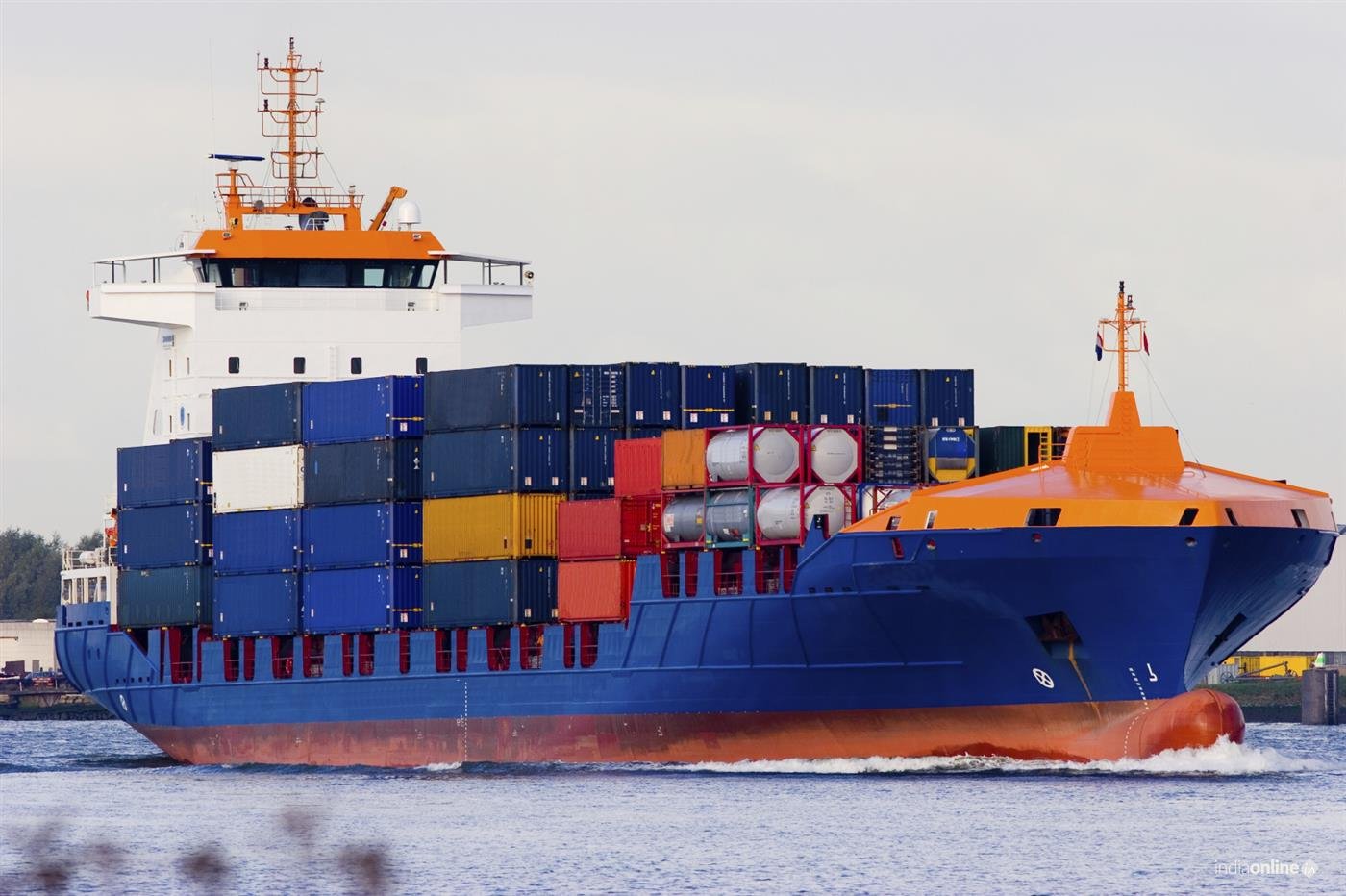Marine cargo insurance plays a crucial role in the world of international trade and shipping. It provides protection and coverage for goods while they are being transported by sea, ensuring that businesses and individuals can mitigate the financial risks associated with potential loss or damage during transit. This article will delve into the key aspects of marine cargo insurance, including its importance, coverage, types, and claims process.
Marine cargo insurance is vital for businesses engaged in import/export activities or any other form of international trade that involves the movement of goods by sea. Shipping goods across long distances exposes them to numerous risks, including rough weather conditions, piracy, theft, accidents, and other unforeseen events that could result in partial or total cargo loss.
The coverage provided by marine cargo insurance varies depending on the terms and conditions of the policy. Generally, it encompasses losses and damages during the voyage, including loading and unloading operations. The coverage typically extends to imports and exports and can be tailored to meet the specific needs and requirements of the insured parties.
There are various types of marine cargo insurance policies available in the market. The most common ones include:
All Risks:
This policy offers comprehensive coverage for loss or damage to the cargo, except for a few specified exclusions. It provides the broadest coverage and is often preferred by businesses seeking maximum protection.
Free of Particular Average (FPA):
FPA policies cover only substantial losses or damages to the cargo, such as sinking, stranding, collision, or general average. It does not cover minor damages unless they result from one of the specified perils.
Named Perils:
As the name suggests, this type of policy covers only the perils specifically mentioned in the policy. It offers limited coverage and is usually less expensive than all risks policies.

When filing a claim under marine cargo insurance, the insured party must adhere to specific procedures. Prompt notification of the loss or damage to the insurer is crucial to initiate the claims process. The insured should provide detailed information about the shipment, including the loss’s nature, the cargo’s value, and any supporting documentation such as bills of lading, invoices, or survey reports.
The insurer will typically appoint a surveyor to assess the extent of the loss or damage and verify the claim. The surveyor examines the cargo, investigates the circumstances surrounding the loss, and determines the cause and value of the claim. Once the surveyor’s report is submitted, the insurer evaluates the claim and decides on its validity and the amount to be paid.
It’s important to note that marine cargo insurance does not cover all types of losses. Certain exclusions and limitations exist, such as losses caused by inadequate packaging, inherent vice, delay, or insufficient insurable interest. Businesses need to review and understand the terms and conditions of the policy to avoid any surprises in the event of a claim.
In conclusion, marine cargo insurance is critical in mitigating the risks associated with international trade and shipping. It offers financial protection to businesses and individuals transporting goods by sea. By providing coverage against various perils and potential losses, marine cargo insurance enables traders to operate confidently and safeguards their investments. Whether it’s protecting against physical damage, theft, or loss, having the appropriate marine cargo insurance policy is a crucial component of any international trade operation.
Explore with us if you are finding an Insurance Company in Pakistan:
The insurance industry in Pakistan has witnessed significant growth and development over the years, with several insurance companies operating in the country. These insurance companies play a vital role in providing financial protection and risk management solutions to individuals, businesses, and various sectors of the economy. In this article, we will explore the insurance industry in Pakistan, including the types of insurance offered and the regulatory framework in place.
Pakistan insurance companies offer a wide range of insurance products and services to cater to the population’s diverse needs. Some common types of insurance available include life insurance, health insurance, motor insurance, property insurance, marine insurance, and travel insurance. These policies are designed to provide coverage and financial assistance in case of unforeseen events, accidents, or losses.
The insurance industry in Pakistan is regulated by the Securities and Exchange Commission of Pakistan (SECP), which ensures that insurance companies comply with the necessary regulations and guidelines. The SECP has established a robust framework to protect policyholders’ interests and maintain the insurance market’s stability and integrity.
Pakistan insurance companies must maintain sufficient capital reserves, adhere to solvency requirements, and maintain transparency in their operations. They are also subject to regular inspections and audits to ensure compliance with regulatory standards. Explore with Cometinsure if you are finding the best Insurance Company in Pakistan.


